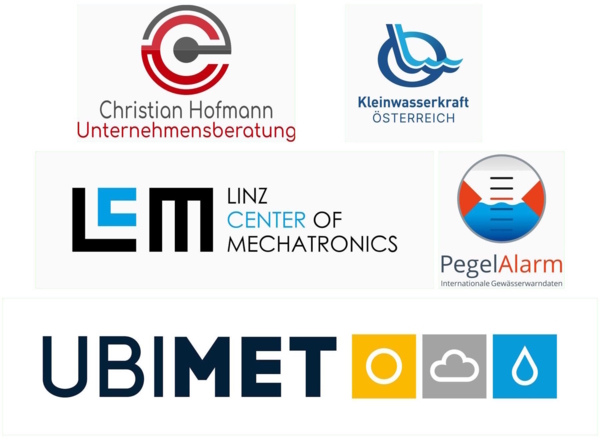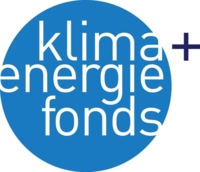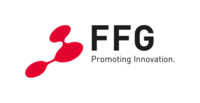Simulating Climate Adaptation and Economic Development of Small Hydropower Plants.
Background
Austria has a long tradition of using hydropower. More than half of the country’s electricity is produced from it, with around 14% coming from small hydropower plants (SHPs). However, climate change poses a threat to SHPs and their role in the overall energy supply. This calls for solutions that prepare these facilities for the impacts of climate change.
Project Content and Goals
Climate change is affecting Austria in various ways and already has clearly visible consequences. Not only are temperatures changing, but so are precipitation levels and their distribution patterns. The frequency and nature of extreme weather events has risen, while snow levels are falling, and glaciers shrinking. All of this presents major challenges for hydropower operators. Energy production is negatively impacted during dry periods, when water levels drop, but also during heavy rainfall, when production must be scaled back. Additionally, flooding also increases the risk of damage to the facilities.
Methodology
We train machine learning models with data from climate models. To attain a high temporal and spatial resolution, we apply statistical downscaling. Regional weather conditions, topographical and geological characteristics of catchment areas, as well as historical water levels and flow rates, are fed into models to forecast water flow. Additionally, we use regression models to estimate energy yield. All this provides profound insights into the relationship between flow rates and generated energy.
Results
Climate change poses significant challenges for small hydropower plants (SHPs). In the KliWaSim project, we develop forecasting models based on various climate scenarios, hydrological models, and machine learning methods. These models provide a foundation for predicting how climate change will affect the future energy yield of individual SHPs. This enables economic assessments of locations and informed decision-making on investments to secure the role of SHPs in the electricity supply.
Project Partners
Funding
You want to know more. Feel free to ask.
Data Intelligence
Research Group
Institute of IT Security Research
Lecturer
Department of Computer Science and Security
- UBIMET GmbH
- Linz Center of Mechatronics GmbH
- Christian Hofmann Unternehmensberatung GmbH
- SOBOS GmbH
- Wehrverband Herzogenburg
- Altmannsdorfer Wasserwerksgenossenschaft
- St. Pöltner Wasserwerksgenossenschaft
- Wasserwerksverein der Werksbesitzer am Kamp
- Verein Kleinwasserkraft Österreich




